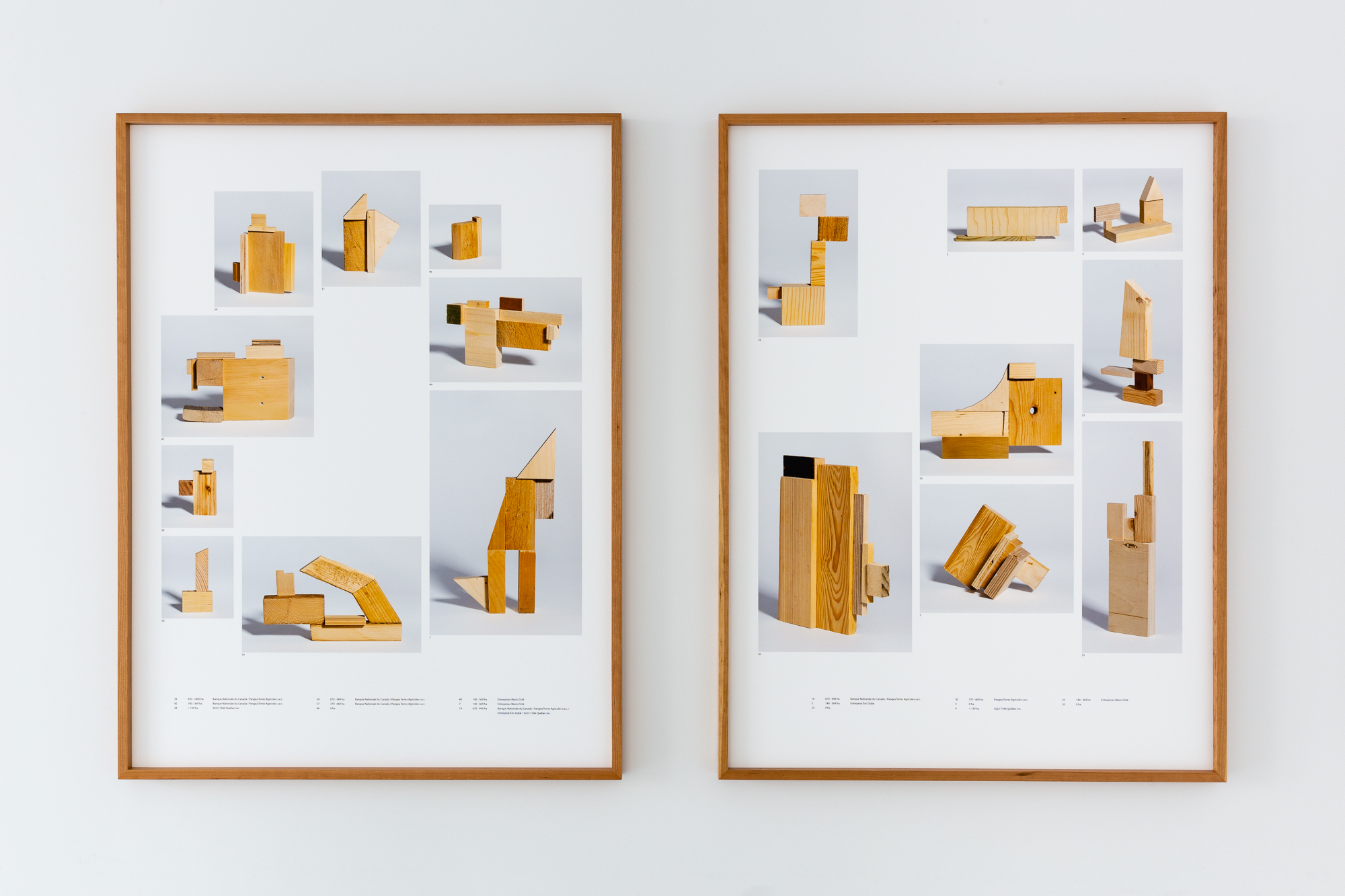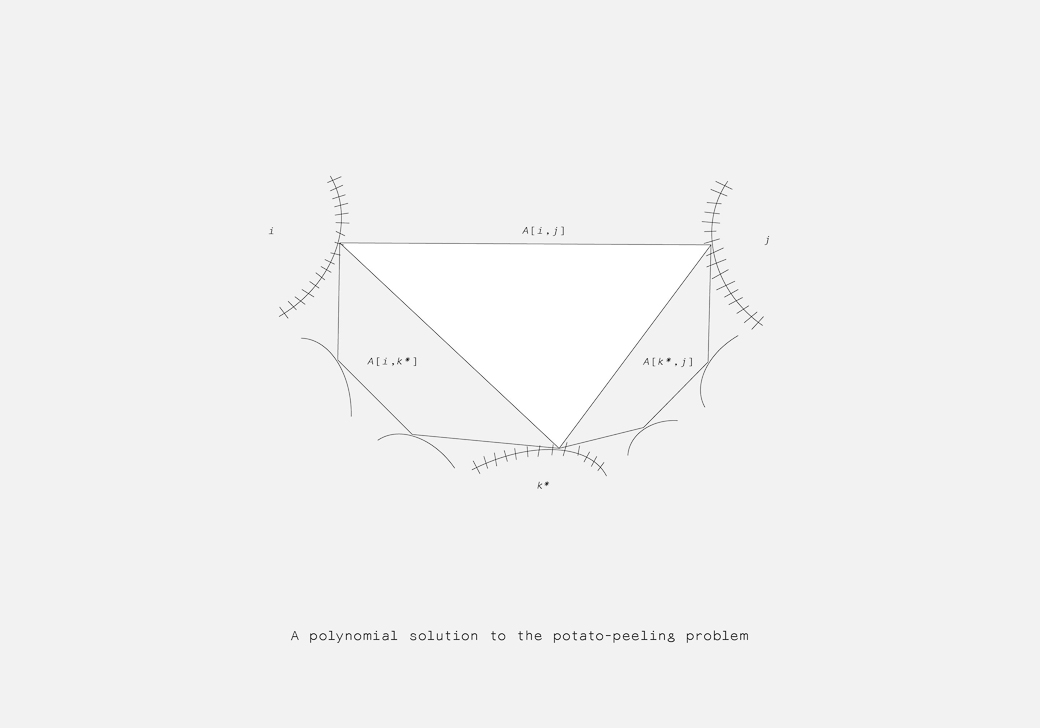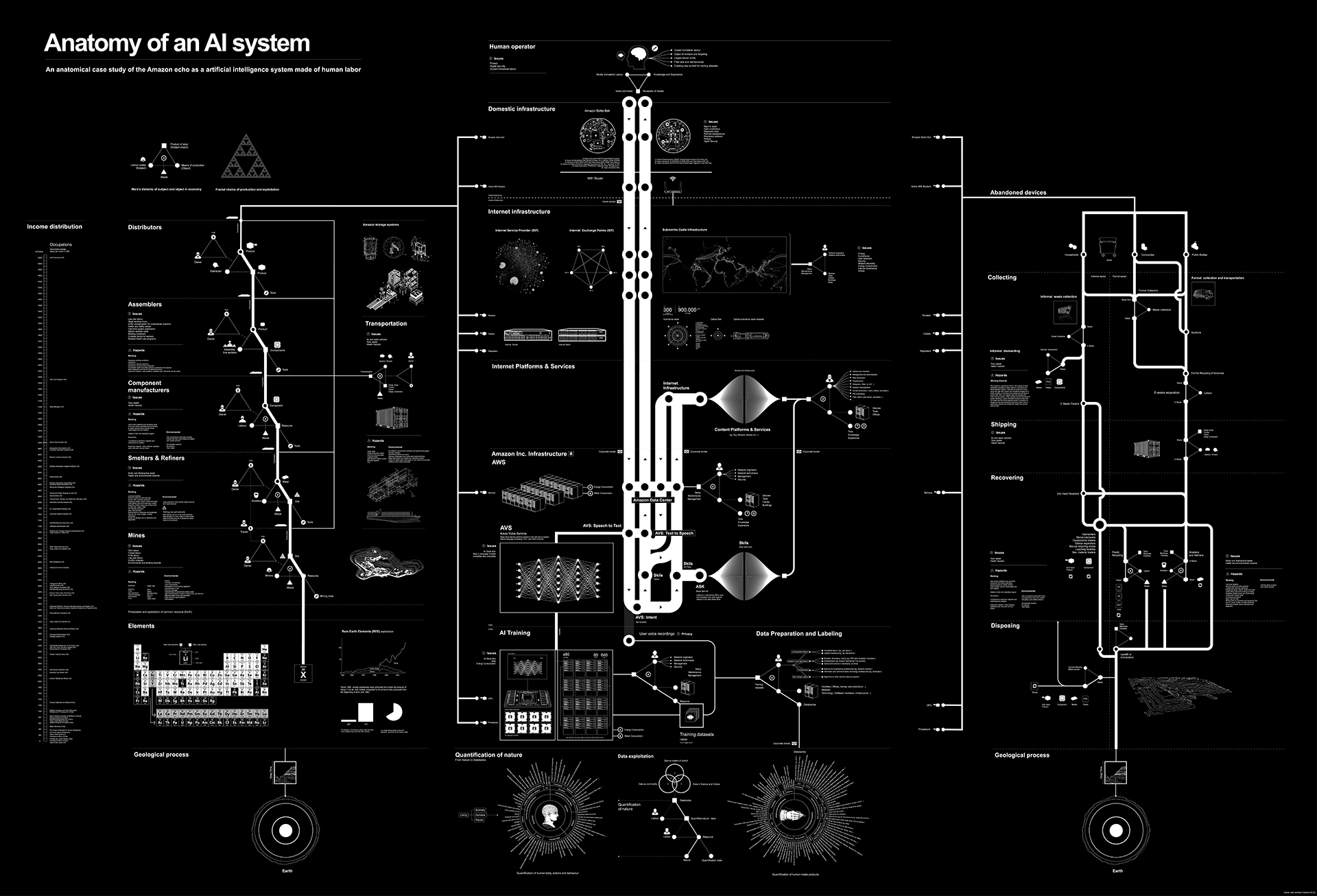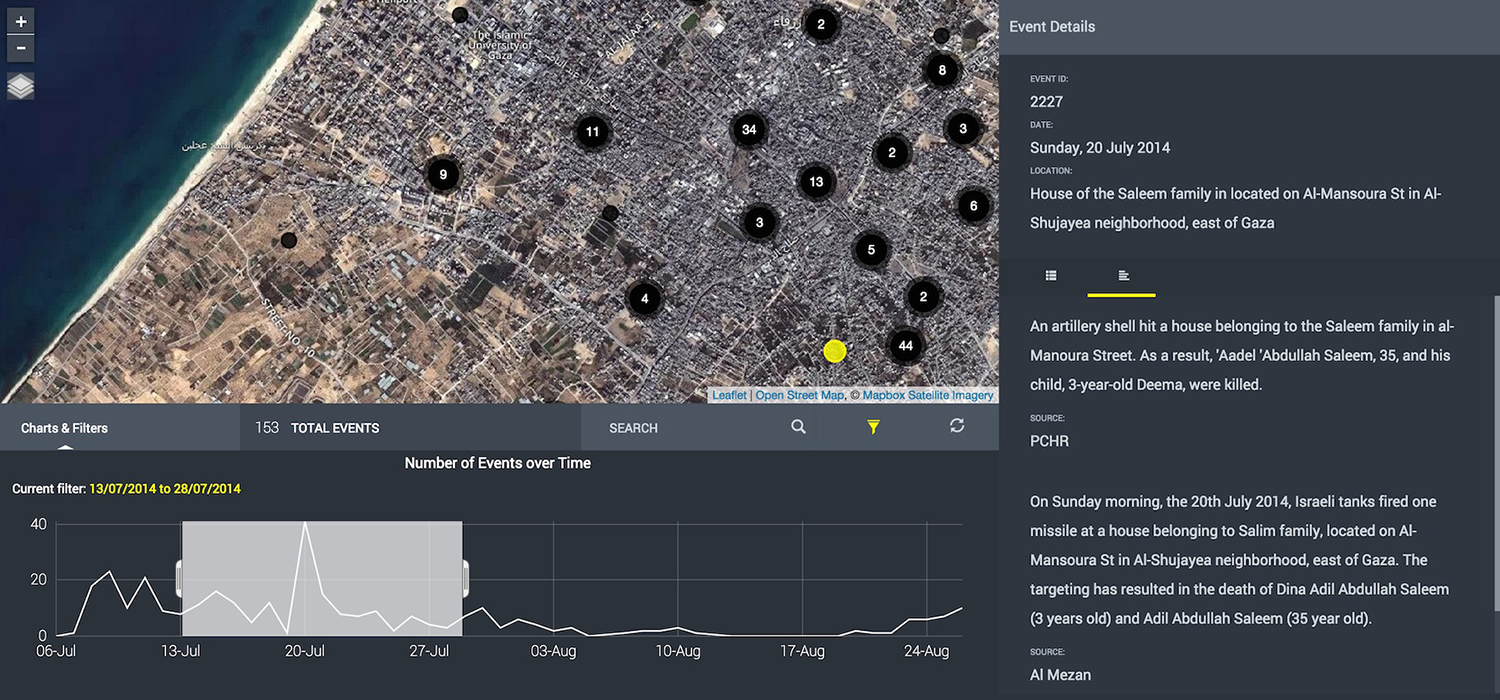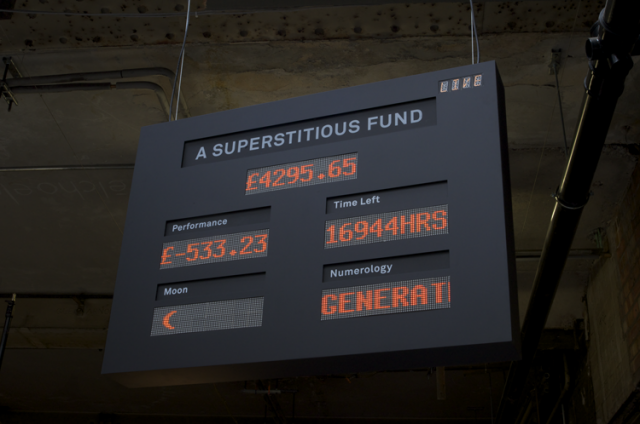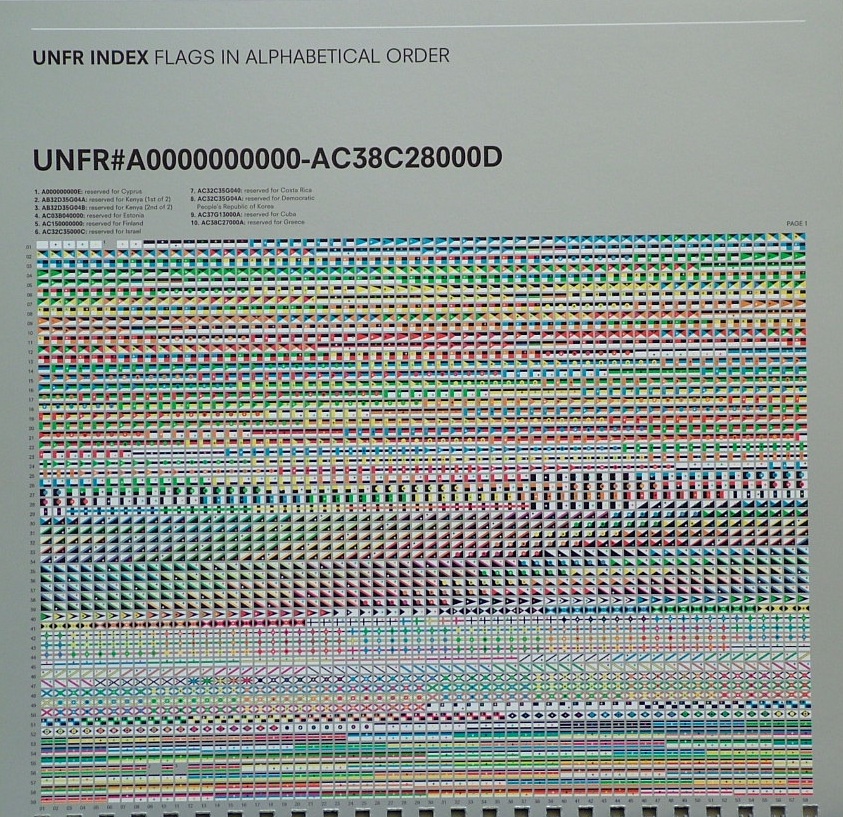“We worry about the imaginary, supplemental alphabets starting with letter twenty-seven. This is the impulse behind our notes for a liberated computer language, to re-introduce new noisy alphabets into the rigid semantic zone of informatic networks. […] We consider there to be little difference between living informatic networks and the universal informatic languages and standards used to define and sculpt them. If the languages are finite, then so, unfortunately, are the life possibilities. Thus a new type of language is needed, a liberated computer language for the articulation of political desires in today’s hostile climate of universal informatics.” (“The Exploit: A Theory of Networks”)
http://r-s-g.org/LCL/
